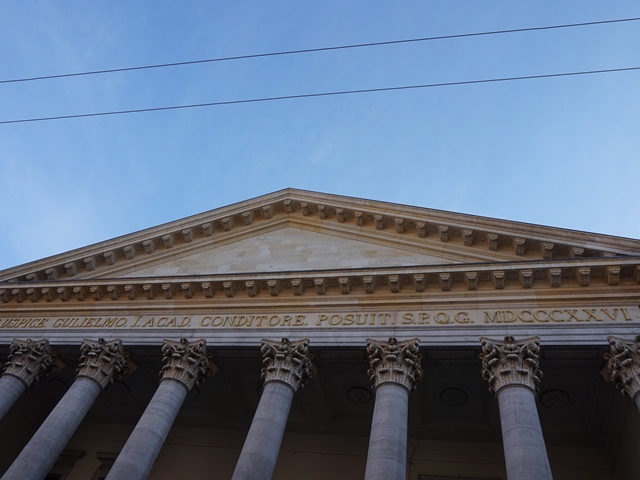Procedural Fairness in Local Approaches to Multicultural Conflicts
In diverse societies, multicultural conflicts framed in human rights terms frequently arise. The present research is innovative because it examines these conflicts in terms of procedural fairness (instead of distributive justice) and at the local level (instead of the national level).
Prof. Eva Brems is the overall co-ordinator of this multi-disciplinary project, that includes, in addition to the team at the Human Rights Centre, researchers in the fields of social psychology (led by prof. Alain Van Hiel) and sociology (led by prof. Bart Van De Putte).
 Supervision: Prof. Dr. Eva Brems
Supervision: Prof. Dr. Eva Brems
Co-supervision: Prof. Dr. Alain Van Hiel and Prof. Dr. Bart Van De Putte
Researchers:
Law: Tess Heirwegh, Cathérine Van de Graaf and dr. Saïla Ouald Chaib
Psychology: dr. Emma Onraet and Barbara Valcke
Sociology: dr. Pieter-Paul Verhaeghe and Thomas Van Roey
Sponsored by Research Fund Ghent University (2016-2021)
The research conducted at the Human Rights Centre mainly relates to two topics:
- Developing local human rights approaches to prevent and address multicultural conflicts
This research line explores the modalities of systematic integration of human rights in the work of municipal authorities. Based on case studies and literature research, the aim is to develop an innovative model envisaging municipal authorities as agents for human rights realization, integrating both procedural fairness (fair process) and distributive fairness (fair outcomes). The study focuses on ex ante approaches, aimed at preventing multicultural conflicts and avoiding human rights infringements, as well as ex post approaches, concerning how to deal with multicultural conflicts after they have arisen.
- Integrating procedural fairness in local approaches to multicultural conflicts
This research line aims to develop a model for integrating procedural fairness guarantees in human rights realization in the concrete context of local multicultural conflicts in public, private and semi-public settings. First, we will link individuals’ positive and negative procedural fairness perceptions to their concrete experiences of the ways in which organizations and institutions have approached multicultural tensions and conflicts. For this purpose we need to collect concrete fairness assessments of specific actions or inactions by specific actors at specific stages in the process. On the basis of a thorough analysis of these findings, we will next identify good and bad practices, as well as opportunities for improvement of procedural fairness.
 Supervision: Prof. Dr. Eva Brems
Supervision: Prof. Dr. Eva Brems